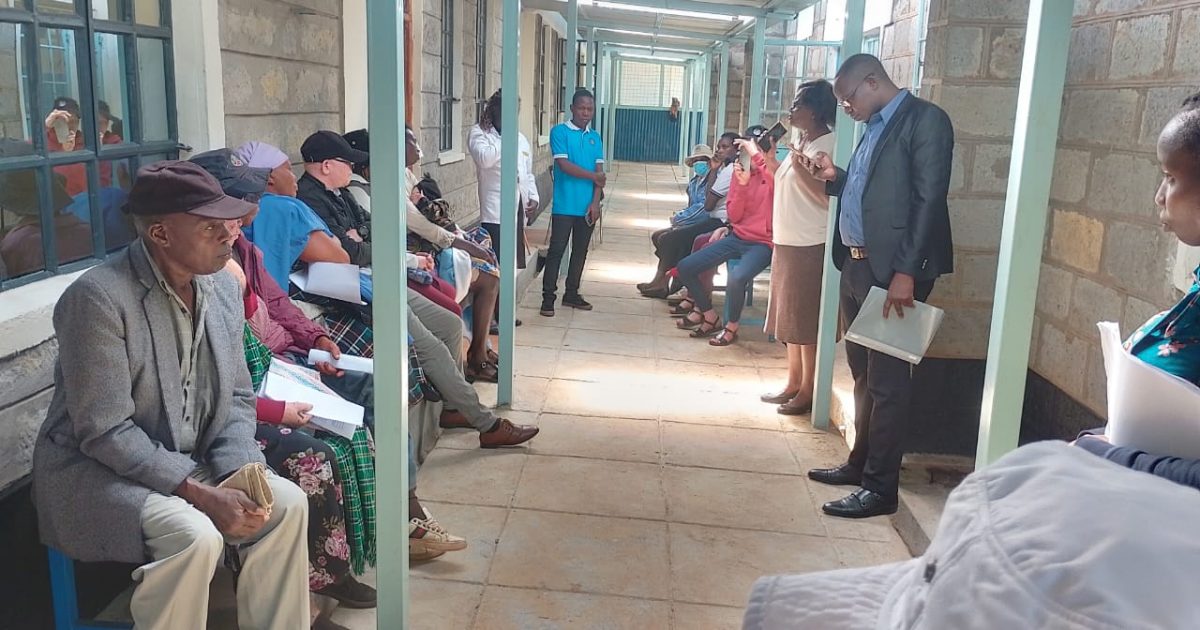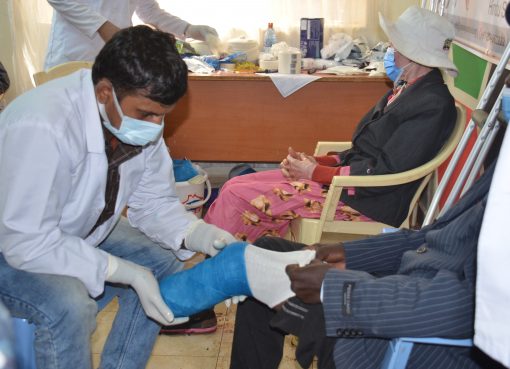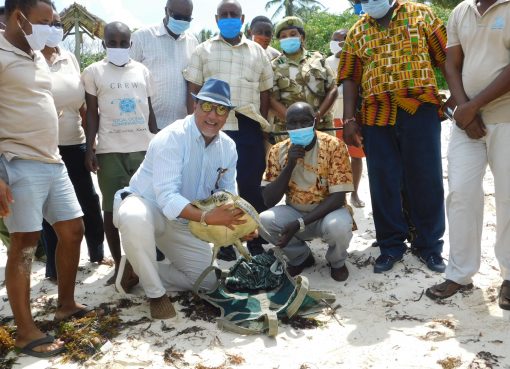Persons with albinism in Kericho County on Friday benefited from a free skin cancer screening exercise conducted at the Kericho County Referral Hospital.
As the world marked International Albinism Awareness Day, a number of this vulnerable group that lacks melanin in their skin turned up for the exercise that also involved sensitization on the need for regular medical checkups to prevent developing skin cancer.
Albinism results in a lack of pigmentation (melanin) in the hair, skin, and eyes, causing the affected areas to be vulnerable to the sun and bright light. As a result, almost all people with albinism are visually impaired and are prone to developing skin cancer.
Speaking to KNA, Kericho County Coordinator for Disability Services, Hopkins Olasi, said skin cancer is highly preventable when persons with albinism enjoy their right to health, including access to regular health checks, the use of sunscreen, sunglasses, and sun-protective clothing.
He said that due to a lack of melanin in the skin and eyes, persons with albinism often have permanent visual impairment, adding that they also face discrimination due to their skin colour, and they are often prone to multiple and intersecting forms of discrimination on the grounds of both disability and colour.
The Disability Services Officer emphasised the National Council for Persons with Disabilities’s commitment to advocating for the rights and welfare of persons with albinism, stressing the significance of collaborative efforts between government agencies, healthcare institutions, and civil society organisations in addressing the multifaceted challenges facing persons with disabilities.
“Today we have also provided them with free sunscreen to aid against sunrays and hats to also help in the prevention of direct sun contact,” said Mr. Olasi.
The persons with albinism were advised to maintain monthly medical checkups where they also receive sunscreen lotions for their daily use.
The theme for this year’s International Albinism Awareness Day is to reflect on the continued legal, policy, and practical changes still required to ensure the full and equal enjoyment of rights by persons with albinism.
Albinism is a rare, non-contagious, genetically inherited difference present at birth. In almost all types of albinism, both parents must carry the gene for it to be passed on, even if they do not have albinism themselves.
By Collin Kemoi and Sharon Chepwogen





